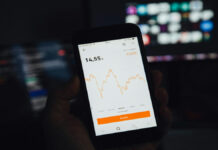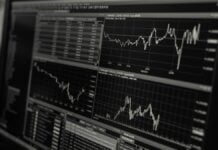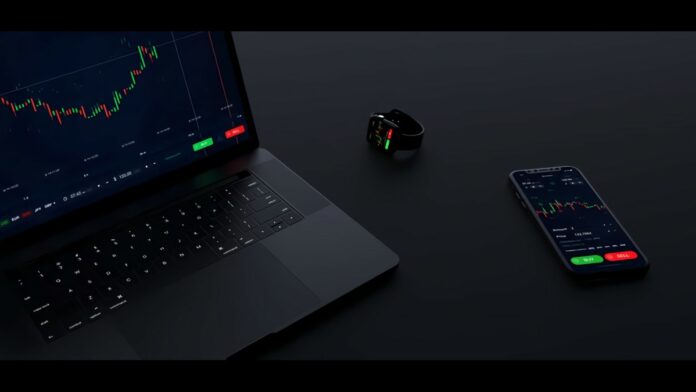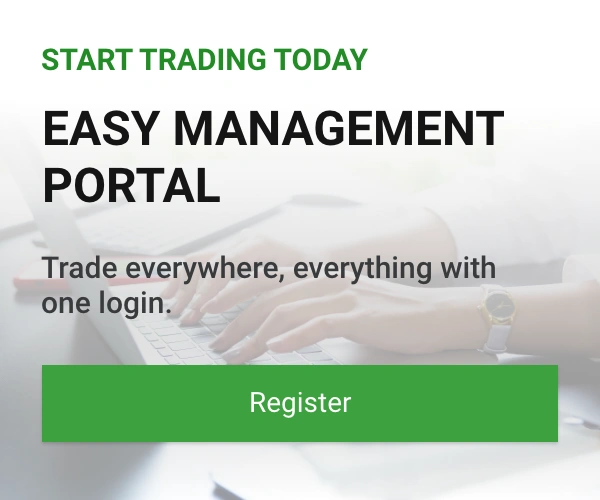Knowing when and what Influences the trading needle
If you’re curious about how the Forex (foreign exchange) markets work and what Influences their movements, you’re in the right place. Whether you’re an experienced trader or just getting started, understanding the factors behind price fluctuations in the world of currencies is crucial for success. In this article, we’ll dive into the fascinating world of Forex and explore what makes it tick.
The Dynamic World of Forex
Unlike the stock market, where investors often analyze publicly traded companies to make trading decisions, the Forex market operates on a different set of principles. Here, the focus is on understanding what influences the exchange rates between different nations’ currencies. The Forex market is known for its exceptional volatility, characterized by significant price fluctuations in the short term. This volatility makes it essential for Forex traders to grasp the driving forces behind market movements to make informed decisions and, ultimately, profit from them.
Economic and Political Factors
Forex pricing, like equity pricing, is heavily influenced by economic and political factors affecting the countries involved in currency pairs. Notably, the U.S. dollar plays a central role in the Forex market, underpinning approximately 90% of all transactions. As such, economic data released by the U.S. government can have a profound impact on market prices, albeit temporarily. Here are some key economic indicators that Forex traders, including scalpers and day traders, closely monitor when evaluating potential positions:
- Interest Rate Decisions: Central banks’ decisions on interest rates can significantly affect currency values.
- GDP Rate Changes: An increase or decrease in a country’s Gross Domestic Product (GDP) growth rate can influence its currency’s strength.
- Unemployment Data: Employment statistics provide insights into a country’s economic health.
- Inflation (Consumer/Producer Price): Rising prices can erode a currency’s purchasing power.
- Retail Sales: Consumer spending patterns offer clues about an economy’s vitality.
- Consumer Confidence Surveys: These surveys reflect public sentiment about economic prospects.
- Business Confidence Surveys: Business leaders’ confidence can indicate future economic trends.
- Trade Balance: The balance between imports and exports impacts a nation’s currency value.
- Manufacturing Confidence Surveys: Manufacturing sector data can shed light on economic performance.
While these factors undoubtedly exert short-term influences on Forex and financial markets, their impact tends to be transitory. Success in Forex trading often eludes those who engage in frequent trading due to the market’s inherent volatility, which can increase the likelihood of losses.
Our previous article covers how to use the Calendar and gain quick access to macro data to aid you in trading.
The Human Element in Forex
Beyond economic indicators and news releases, there’s a potent force at play in all financial markets: human behavior. Psychology plays a substantial role in investment decisions, and its effects are observable in financial charts. Four primary human emotions are particularly influential in driving Forex price movements:
- Greed: The desire for greater profits can lead traders to ignore exit points and chase trends excessively, often resulting in losses.
- Fear: The fear of losing money can paralyze investors, causing them to exit the market prematurely.
- Faith: Belief in a trade’s success may lead traders to hold onto positions too long, missing out on potential profits.
- Hope: Optimism can sometimes blind traders to mounting losses, preventing them from cutting their losses in a timely manner.
Successful traders often share common traits, including a reliance on technical analysis, continuous backtesting of strategies, and a commitment to sticking to a well-defined trading plan while remaining open to adjustments.
In conclusion, while economic indicators and news releases undoubtedly impact Forex prices in the short term, it’s essential to recognize that human psychology ultimately drives the Forex market. Whether you’re a seasoned trader or a novice, understanding the intricate interplay between economic forces and human emotions is key to navigating the exciting and often turbulent world of Forex trading.
Feel confident trying out Forex trading yourself? If you haven’t already, create your account today and begin earning.












